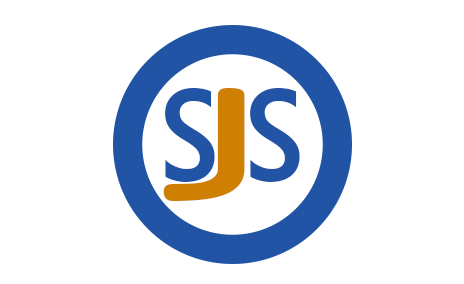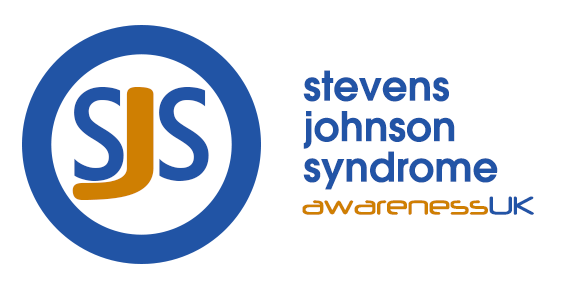 patients in the UK. jpg.webp)
18 Essential Safety Measures for SJS Patients in the UK
Living with Stevens-Johnson Syndrome/Toxic Epidermal Necrolysis (SJS/TEN) in the UK requires a comprehensive approach to safety and health management. This condition, which can be classified under the broader spectrum of autoimmune diseases due to its potential immune system-mediated response against the body's own cells, necessitates vigilant care and preventive measures. Here are 18 essential safety guidelines tailored for individuals with SJS/TEN, emphasizing the autoimmune aspect of the disease:
- Immediate Discontinuation of Suspect Medications: Cease any medication suspected of triggering the reaction immediately, as SJS/TEN often occurs in response to medication, reflecting its autoimmune disease dynamics where the body's immune response is misdirected.
- Seek Urgent Medical Attention: At the initial signs of symptoms, which might include fever, sore mouth, or a rash, it's crucial to seek immediate medical intervention to prevent further autoimmune damage.
- Wear Medical Alert Identification: A medical ID can be lifesaving, informing healthcare professionals of your autoimmune condition and susceptibility to SJS/TEN in emergencies.
- Regular Check-ups with Healthcare Providers: Continuous health monitoring is vital to detect any complications early and manage the autoimmune aspects of SJS/TEN.
- Educate Yourself About Potential Triggers: Gaining knowledge about which medications, infections, or other triggers can provoke an SJS/TEN episode is key in avoiding them, given its autoimmune triggers.
- Maintain a Detailed Medical History: Document all medications, reactions, and hospitalizations, which is crucial for understanding your autoimmune disease pattern and triggers.
- Use Gentle Skin Care Products: Choose hypoallergenic skin care to minimize irritation and potential autoimmune skin reactions.
- Avoid Infections: Good hygiene and avoiding infectious diseases are paramount, as infections can exacerbate autoimmune responses leading to SJS/TEN flares.
- Nutritional Support: A balanced diet enriched with vitamins and minerals supports the immune system, which is pivotal in autoimmune conditions.
- Stay Hydrated: Adequate hydration is essential for maintaining skin health, particularly in autoimmune skin conditions like SJS/TEN.
- Wear Protective Clothing: Guard your skin against the sun and extreme temperatures to prevent triggering an autoimmune response.
- Create an Emergency Care Plan: Have a strategy ready for immediate action if a reaction occurs, critical in managing the autoimmune aspects of SJS/TEN.
- Inform Family and Friends: Educating your close circle about your condition, its autoimmune nature, and emergency care steps is essential.
- Join Support Groups: Connection with others facing SJS/TEN offers emotional and practical support, sharing insights on managing this autoimmune disease.
- Access Psychological Support: Counseling can help cope with the emotional toll of living with an autoimmune disease like SJS/TEN.
- Review Medications with Healthcare Providers Regularly: Periodic discussions about your medication regimen are essential to avoid drugs that might trigger an autoimmune response.
- Stay Informed About New Treatments and Research: Keeping abreast of the latest findings in autoimmune diseases and SJS/TEN can guide better disease management.
- Participate in Advocacy and Awareness Campaigns: Raising awareness about SJS/TEN and its classification as an autoimmune disease helps in advocacy and research support.
In conclusion, understanding and implementing these 18 essential safety measures are crucial for effectively managing Stevens-Johnson Syndrome/Toxic Epidermal Necrolysis as an autoimmune disease within the UK. By adopting these practices, individuals with SJS/TEN can significantly lower their risk of complications, enhance their quality of life, and prepare for potential emergencies. Awareness, education, and proactive disease management are the pillars for navigating the complexities of living with an autoimmune condition like SJS/TEN.

